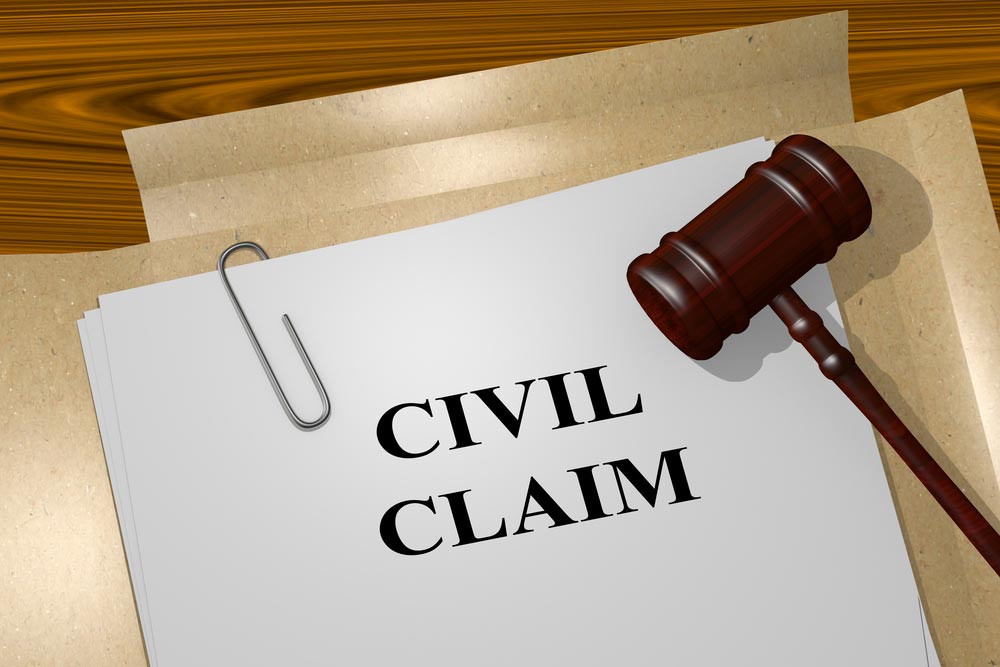Mediation is a confidential form of Alternative Dispute Resolution (ADR) that gives parties a chance to resolve their disputes without having to go through an administrative hearing. It involves a neutral person (called a “mediator”) who guides all the involved parties through the communication process while also promoting compromise, settlement, or understanding. Mediators aren’t allowed to have their own views or make decisions on the issues to which they have been assigned. Their job is to help parties to come up with an agreement. They’re also not allowed to tell parties what they have discussed with another party without their consent.
This process is different from arbitration, which is a process where parties and their attorneys present their case to a neutral person (who is called an “arbitrator”). The arbitrator will use his or her judgment to make a decision based on the facts being presented. Mediators aren’t there to make decisions but to help the involved parties come up with a mutual agreement.

Types of Cases That Can be Mediated
Most civil cases can qualify for Texas mediation. Some of them can include the following:
- Family law cases.
- Landlord/tenant cases.
- Probate cases.
- Consumer protection cases.
If it’s possible for the issue to have some type of reconciliation, the courts encourage people to go through the mediation process before they file a lawsuit. It’s a less formal setting that can save both time and money. In many cases, it can provide a legally enforceable outcome that’s similar to what would happen during litigation.
The Effectiveness of Mediation in Texas
The mediation process is popular because it has been proven to work. Approximately 70-80% of cases can be settled through mediation, which is why many attorneys encourage their clients to mediate with an open mind. They will often get annoyed when clients are unreasonable about settling their case, because they know how bringing a case to trial is like rolling the dice. When you go through the legal system, no outcome is ever guaranteed.
The mediation process promotes predictability and certainty, but it will require some type of compromise. You don’t win a case during Texas mediation, but it will leave both sides somewhat unhappy (which is something that many clients find difficult to accept). The legal world doesn’t work the same way as the real world. In fact, many clients who are against the mediation process and insist on total victory end up losing in the end.
The mediator always asks if the parties are ready and willing to mediate in good faith and are open-minded about coming up with a mutual settlement. It’s the foundation of mediation, which is why the mediator will ask that parties make an unconditional commitment to the process. It’s also important to determine if those who are present have the authority to settle the case. Otherwise, the process won’t work.
If there are good reasons for doing so, judges can waive the mediation requirement (after a motion and hearing), but they don’t like doing it for a couple of reasons. They are seasoned realists who know that most cases should and do settle, but they also know that it will add to an already overburdened trial load. Objecting to mediation is a good way to alienate the judge who has been assigned to your case. It can even be enough grounds for an attorney withdrawal.
When Texas Mediation Won’t Be Effective
Mediation can be helpful when both parties have the same level of power. Everyone involved must be able to say what they want without being afraid or pressured. Threats and control are common in relationships where one person is abusive. Abusers are used to being in charge and making all the decisions, so mediation won’t work well in these types of situations. It can be even more of a problem in divorce or custody cases, where the other parent abused you and you don’t have a lawyer. If you’re involved in any of these circumstances, you can object to mediation.
Preparing for a Mediation Session
Before going into a mediation session, you will have to do some advance preparation. You can always get advice from someone you know (possibly a lawyer) about what you want to accomplish, as well as on what you are and aren’t willing to compromise on. Be sure to bring any relevant materials, so you can show them to the mediator.
If you’re looking for someone in the Coastal Bend who can help you to mediate your civil case, be sure to get in touch with Gale Law Group.
